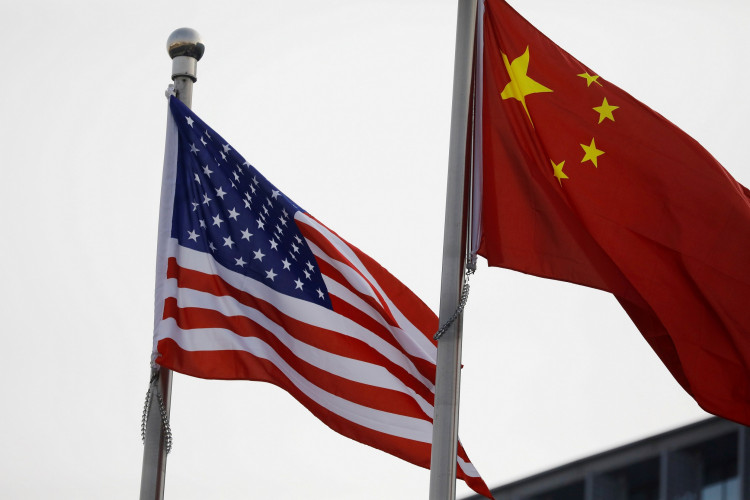In a series of incidents that have strained Sino-American relations further, the Chinese government has lodged formal complaints with the United States over the alleged mistreatment of Chinese students at U.S. border entry points. Reports of prolonged interrogations, invasive electronic device inspections, and the forcible deportation of students holding valid visas have emerged, prompting a strong rebuke from Beijing and casting a shadow over efforts to bolster educational exchanges between the two global powers.
Xie Feng, China's ambassador to the United States, highlighted the severity of the issue, stating that dozens of Chinese students have been turned away upon their return to academic institutions in the U.S. after travel abroad or visits to relatives in China. "When they landed at the airport, what awaited them was an eight-hour-long interrogation by officers who prohibited them from contacting their parents, made groundless accusations against them, and even forcibly repatriated them and banned their entry," Xie remarked during an embassy event on student exchanges, emphasizing the unacceptable nature of these actions.
The Chinese Embassy in Washington, D.C., has been vocal in its criticism, issuing statements condemning the treatment of Chinese students, particularly at Washington Dulles International Airport. The embassy's communiqués have underscored the distress and disruption caused to the students' academic pursuits and well-being, urging caution for those entering through Dulles.
These incidents have unfolded against a backdrop of deteriorating Sino-American relations, marked by disagreements over trade, technology, human rights, and broader geopolitical ambitions. The educational sphere, once a bridge between the two nations, has become a new battleground, with nearly 290,000 Chinese students in the U.S. finding themselves at the intersection of diplomatic tensions.
The cases reported include interrogations centered on students' affiliations with the Chinese Communist Party, their financial backing, and any connections to the Chinese government or military. Notable institutions such as the National Cancer Institute, Yale University, and the University of Maryland have been mentioned in relation to these incidents, pointing to a broader scrutiny of Chinese scholars in fields deemed sensitive or strategic by U.S. authorities.
The U.S. Department of Homeland Security and the American Embassy in Beijing have remained silent on the matter, leaving unanswered questions about the policy or security rationale behind these measures. Meanwhile, the Chinese Embassy has detailed the invasive nature of the border control practices, including the examination of electronic devices and the prohibition of communication with external parties, sometimes for periods extending beyond 10 hours.
This crackdown comes despite a consensus reached between Presidents Joe Biden and Xi Jinping to enhance people-to-people exchanges, as articulated during their meeting last November. The discord between the agreed-upon diplomatic objectives and the actions on the ground has not only frustrated bilateral efforts to mend fences but also sown fear and uncertainty among the international student community.
The ordeal faced by these students, as narrated by one individual surnamed Li, encapsulates the chilling effect of such border policies. Li's account of being subjected to baseless accusations, denied consular assistance, and ultimately deported despite the lack of incriminating evidence highlights a stark departure from the principles of academic freedom and mutual respect that underpin international education.
As diplomatic experts weigh in on the potential ramifications of these incidents, there is a growing consensus that such actions could tarnish the U.S.'s reputation as a welcoming destination for international scholars. The chilling effect, both domestically and internationally, may deter future students from pursuing educational opportunities in the U.S., undermining the country's standing in the global academic community.
In response, the Chinese Embassy has issued advisories to students, urging them to exercise caution and to document any unfair treatment for future recourse. This situation presents a complex challenge, balancing national security concerns with the imperative to maintain open, constructive international educational exchanges.





